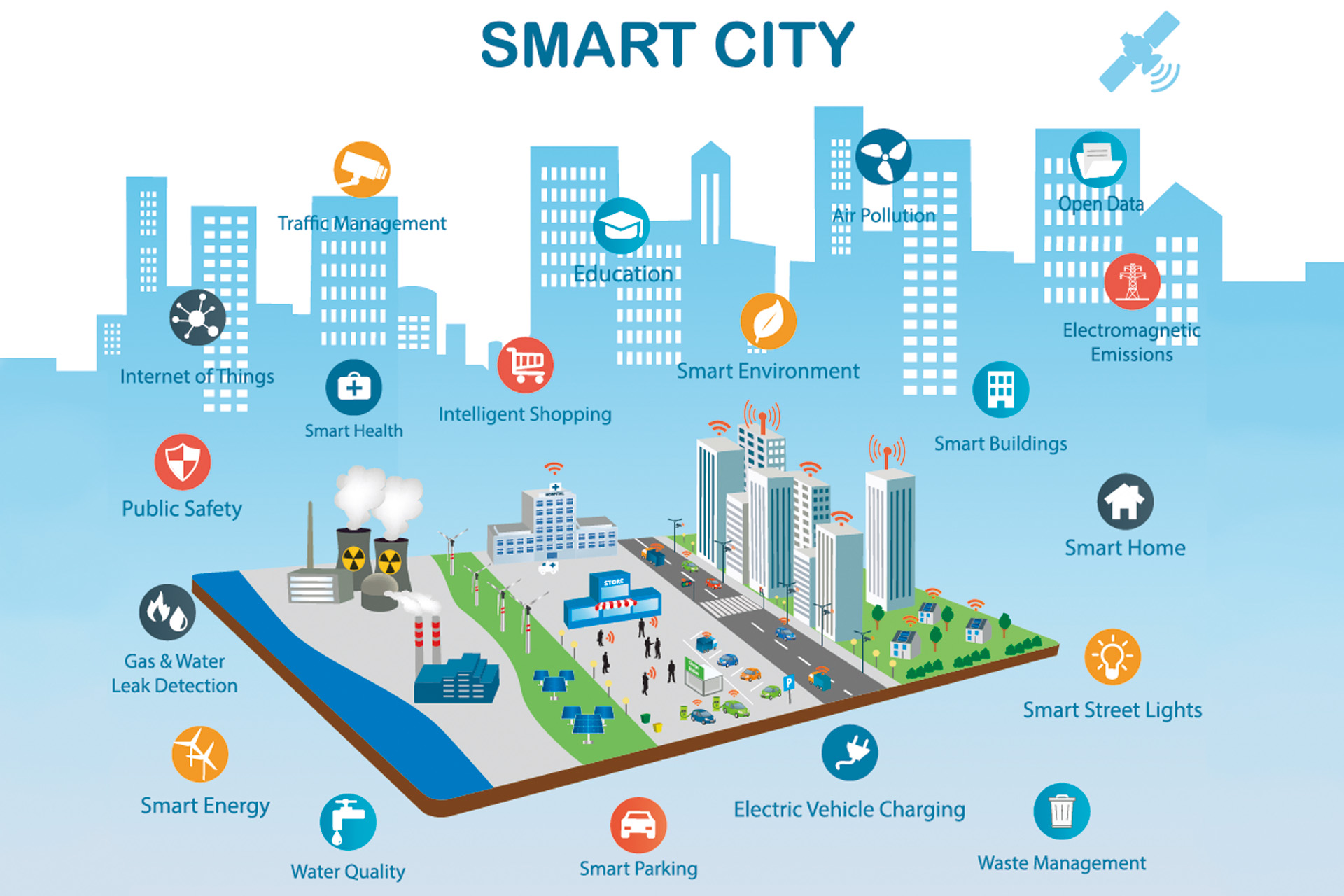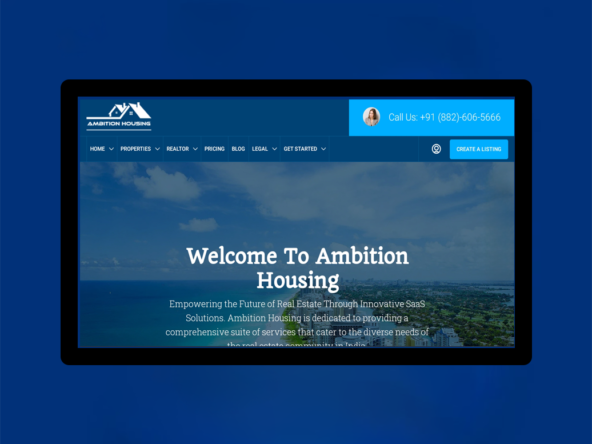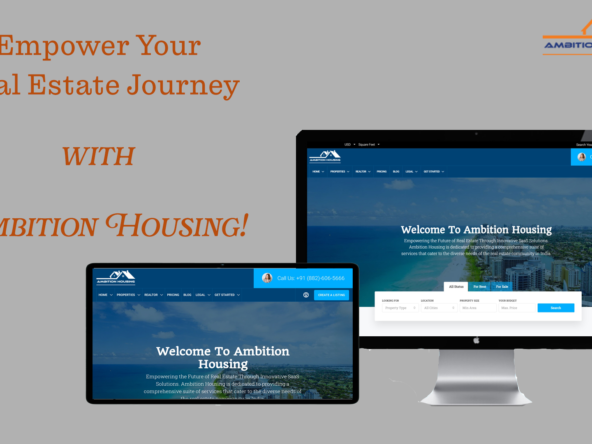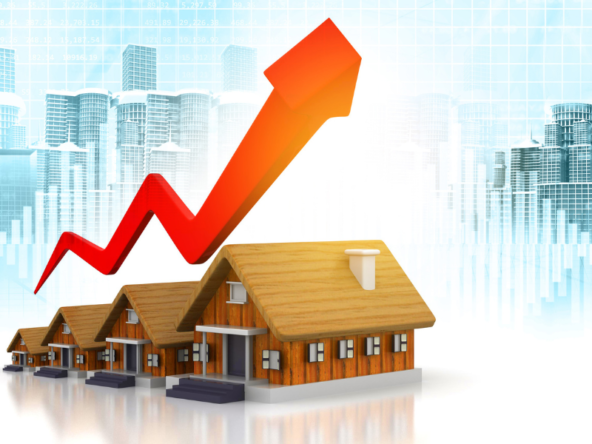Sustainability in Focus: Real Estate’s Smart City Solutions
– delves into the dynamic intersection of urban development, sustainability, and technological innovation. This insightful exploration examines how the real estate industry is adapting to address the evolving needs of modern cities and their inhabitants.
Introduction
In an era defined by rapid urbanization, environmental challenges, and technological advancements, the concept of smart cities and sustainable living has emerged as a beacon of hope for a better future. Real estate, as a key player in shaping urban landscapes, is at the forefront of this transformation. Here are ten ways real estate is adapting to facilitate smart cities and sustainable living:
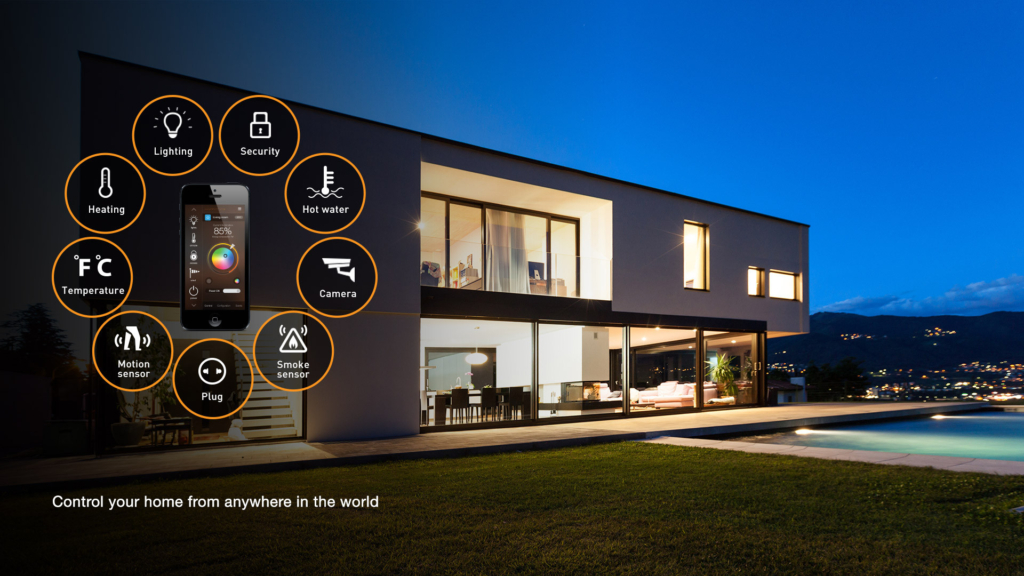
- Integration of Green Building Practices: Real estate developers are increasingly incorporating green building practices into their projects. From utilizing sustainable materials to implementing energy-efficient designs, green buildings reduce environmental impact while enhancing occupant comfort and well-being.
- Implementation of Smart Building Technologies: Smart building technologies, such as IoT sensors and automation systems, are being integrated into real estate projects to optimize resource usage and improve operational efficiency. These technologies enable real-time monitoring and control of building systems, resulting in reduced energy consumption and lower operating costs.
- Adoption of Renewable Energy Sources: Real estate developers are embracing renewable energy sources, such as solar and wind power, to reduce reliance on traditional energy sources and decrease carbon emissions. By incorporating renewable energy systems into their projects, developers contribute to a more sustainable energy future while reducing utility costs for occupants.
- Promotion of Mixed-Use Development: Mixed-use development, which combines residential, commercial, and recreational spaces within the same area, promotes walkability, reduces traffic congestion, and fosters a sense of community. Real estate projects that prioritize mixed-use development contribute to the creation of vibrant, sustainable neighborhoods.
- Integration of Smart Transportation Solutions: Real estate developers are investing in smart transportation solutions, such as bike-sharing programs, electric vehicle charging stations, and efficient public transit systems, to reduce reliance on cars and promote alternative modes of transportation. These initiatives improve mobility, reduce carbon emissions, and enhance overall quality of life for residents.
- Focus on Urban Regeneration and Revitalization: Real estate developers are revitalizing urban areas through adaptive reuse projects that repurpose existing buildings for new uses. By preserving historical structures and revitalizing neglected neighborhoods, developers contribute to the sustainability and vibrancy of urban communities.
- Incorporation of Green Spaces and Urban Gardens: Real estate projects are incorporating green spaces, urban gardens, and rooftop parks to enhance biodiversity, improve air quality, and provide recreational opportunities for residents. These green amenities contribute to the health and well-being of urban dwellers while creating more livable, sustainable communities.
- Embrace of Smart Home Technologies: Real estate developers are integrating smart home technologies, such as energy-efficient appliances, home automation systems, and smart thermostats, into residential properties. These technologies improve energy efficiency, enhance convenience, and provide homeowners with greater control over their living environments.
- Focus on Resilient Design and Disaster Preparedness: Real estate developers are prioritizing resilient design principles to mitigate the impact of climate change and natural disasters. By incorporating features such as flood-resistant construction, green infrastructure, and passive design strategies, developers create more resilient and adaptive buildings that can withstand environmental challenges.
- Engagement with Sustainable Communities: Real estate developers are engaging with sustainable communities and stakeholders to foster collaboration and support initiatives that promote sustainable living. Through partnerships with local governments, nonprofits, and community organizations, developers contribute to the creation of inclusive, environmentally conscious communities that prioritize social equity and environmental stewardship.
Conclusion
As the world grapples with the challenges of urbanization, climate change, and resource depletion, the role of real estate in facilitating smart cities and sustainable living has never been more crucial. By embracing green building practices, implementing smart technologies, promoting mixed-use development, and engaging with sustainable communities, real estate developers are driving positive change and shaping a more sustainable future for generations to come. As we continue to adapt to a changing world, the integration of smart cities and sustainable living principles will play a central role in creating more resilient, equitable, and livable urban environments.
✍️ Akshay Kumar

